Laws, Regulations & Activism
Legal Status by State & Country
In recent years, psilocybin mushrooms and other entheogens have been decriminalized throughout the United States and all over the world. As legislation surrounding psychedelics constantly changes, we know it can be hard to keep up with the latest news. To keep things simple, we have created an interactive map that provides all current legal statuses of psilocybin mushrooms, as well as other entheogenic substances, by state or country. Make sure to check it out if you want a better understanding of the legalities surrounding psilocybin mushrooms and other psychedelics.
Prior to discussing the legalities surrounding psilocybin mushrooms, we must first acknowledge the difference between decriminalization and legalization. The term decriminalization means that laws concerning certain “illegal acts” will not be enforced by local government, but violators can still be prosecuted on a state or federal level. Offenders typically are not subjected to criminal penalties but may have to pay a fine. For example, Denver, Oakland, Santa Cruz, Somerville, and Cambridge have all decriminalized psilocybin mushrooms. Though the exact laws regarding cultivation and possession vary by city and state, local law enforcement will not harass people for using or possessing entheogenic substances.
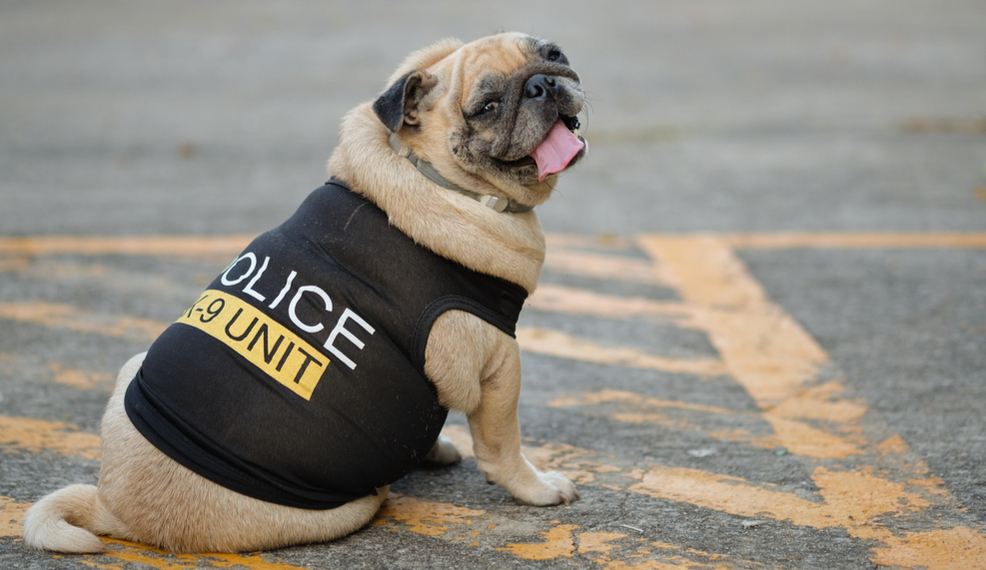
Legalization, on the other hand, refers to the process of making something that was previously illegal fully permissible by law. For example, recreational use of cannabis was decriminalized in several cities and states before it was legalized. With decriminalized substances, state or federal governments may still prosecute users, possibly resulting in fines or imprisonment.
Psychedelics are unique substances, so it only makes sense that the legalities surrounding them are just as complex. In this section we will discuss some of the legal framework regarding the spores of psilocybin mushrooms, cacti species, derivatives and analogues, precursors and certain ancillary paraphernalia, like head shops, smartshops and growing equipment.
Spores vs. Mushrooms
It is legal to possess the spores of psilocybin mushrooms for microscopy purposes in most states in the US, with the exception of California, Georgia and Idaho. Mature Psilocybe cubensis fruits, however, are illegal everywhere. So what is the difference between spores and a mature psilocybin mushroom? Well, legally speaking, that would be the presence of the molecule psilocybin.
A spore is the reproductive unit of a fungus, and is produced by the billions by structures on the ribbed portion under the cap of mushrooms known as gills. Spores on their own do not contain psilocybin, however after germination of these spores, the resultant mycelium can grow until it is ready to fruit, producing mature Psilocybe cubensis mushrooms that biosynthesize the psychedelic compound psilocybin. More recently, there has been ongoing research suggesting that psilocybin may also be present in the mycelium in small amounts.
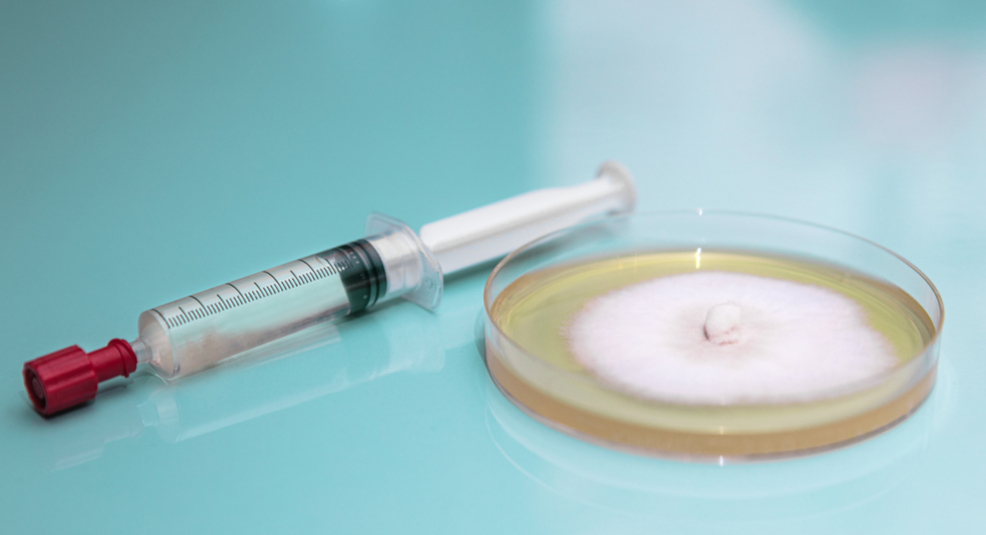
In the 47 states that have legalized psilocybin mushroom spores, they are legal for microscopy, taxonomy, and research and available for purchase by verified vendors online or from reputable local traders.
In Canada, psilocybin is considered a Schedule III drug. Similar to the US, it is illegal to possess psilocybin mushrooms in Canada but not illegal to possess spores. It is also legal to sell spores online, but germination of those spores into healthy mycelium of psilocybin producing species is illegal. Many websites offer “all-in-one” grow kits that have high rates of failure and provide the cultivator with no knowledge of the process. An adept cultivator can take a single drop of spore solution and propagate a near infinite amount of fruit with the proper equipment. If one possesses a specific license from Health Canada or is exempt from Section 56, they can legally sell psilocybin mushrooms.
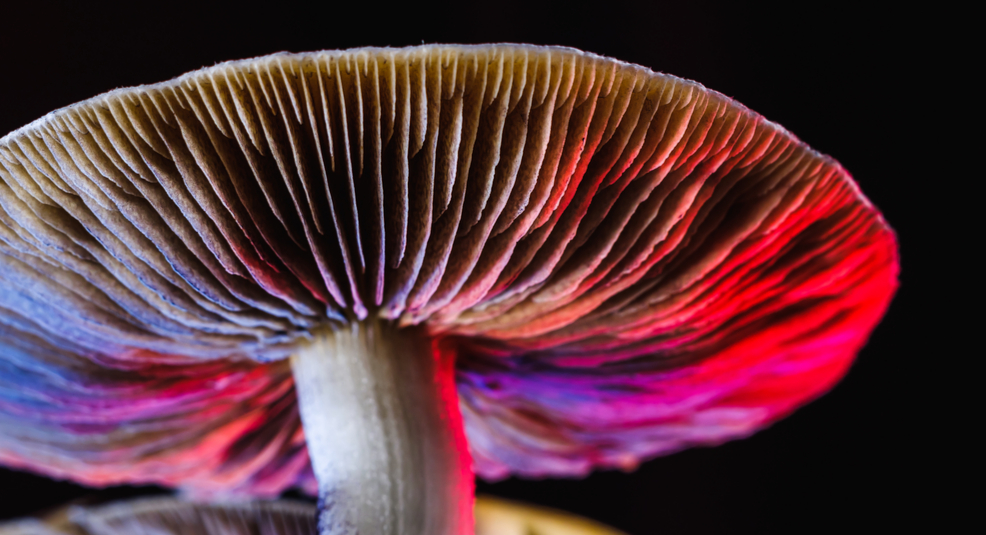
Cactus Species
The laws surrounding entheogenic cacti are a grey area because of their strong connection to the Native American Church. As laws currently stand, only peyote and mescaline are controlled substances but not San Pedro.
In 1994, congress amended the American Indian Religious Freedom Act of 1978. This amendment protects the harvest, protection, consumption, and cultivation of peyote as part of religious ceremonies. This means that as long as peyote is being consumed for a traditional ceremonial purpose in connection with Native American religion, it is a lawful and non-punishable act.
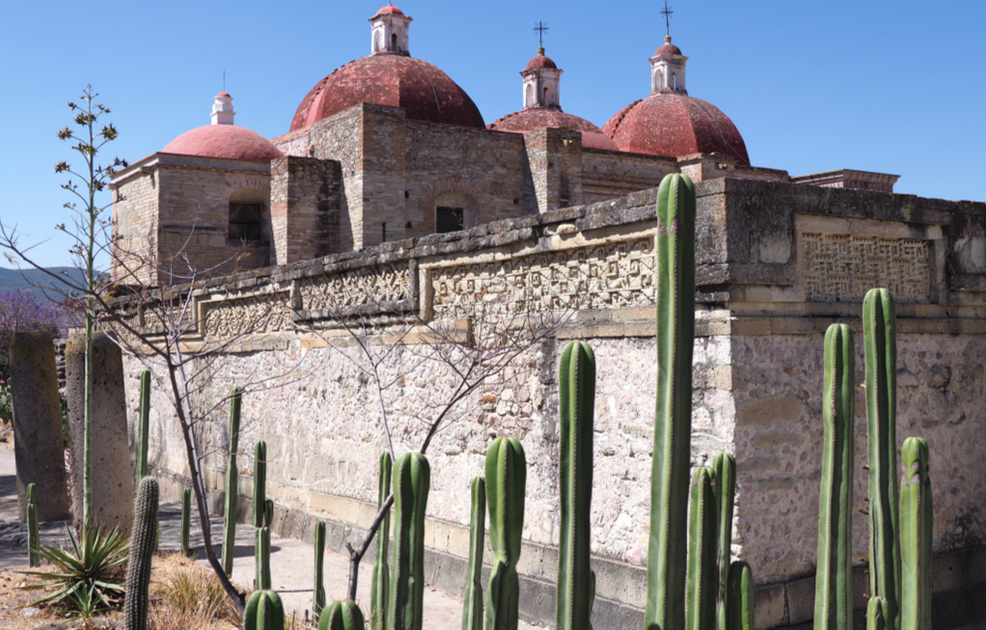
All US states, with the exception of Texas and Idaho, allow non-native, non-enrolled persons to use peyote in the context of the Native American Church. Arizona exempts all use regardless of religious activity and spiritual intent.
It is legal to grow San Pedro and other mescaline-containing cacti (besides peyote) as long as there is no intent to sell, prepare, or consume it as a psychedelic substance.
In Canada, mescaline, salt derived from mescaline, and isolated mescaline is illegal. San Pedro and other mescaline-containing cacti, except for peyote, are not exempt from this law, however, it is legal to grow them for decorative purposes only.
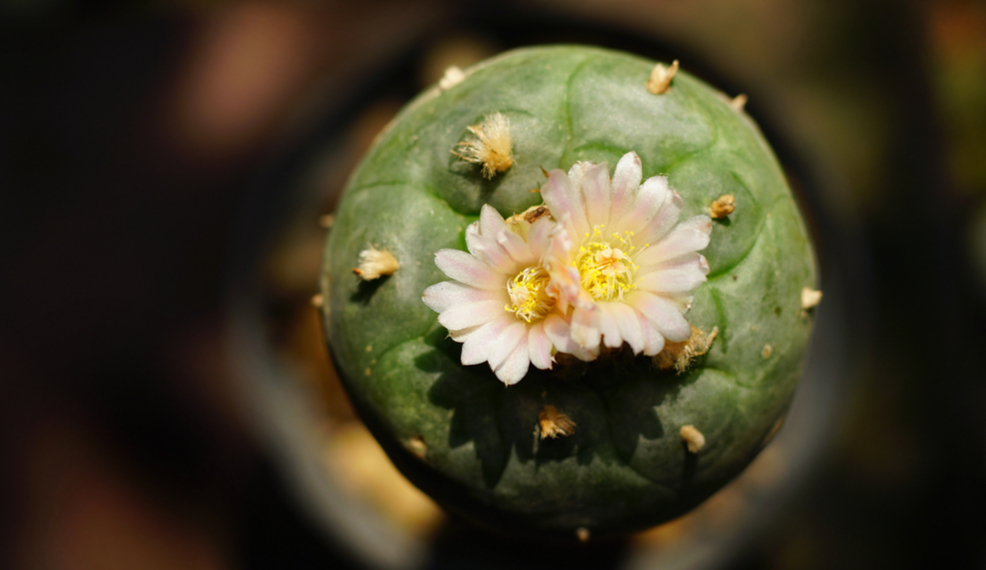
Substances
The following substances are classified as Schedule I controlled substances in the US. This means they are considered to have high potential for abuse with zero medicinal value.
- LSD
- MDMA
- Peyote
- Mescaline
- Psilocybin (prodrug of psilocin)
- Psilocin
- Ibogaine
- DMT
- Ayahuasca *can be used by specific religious groups for ritual purposes
- 5-MeO-DMT
- Cannabis and its cannabinoids (varies by state and city)
In 2019, the DEA attempted to place kratom on the list of Schedule I substances. However, with the efforts of advocacy groups like the American Kratom Association, Botanical Education Alliance, and many other organizations, kratom has remained a legal substance.
Ketamine is classified as a Schedule III substance, meaning there is moderate to low potential for abuse but it is accepted and used in the medical industry— such as benzphetamine and anabolic steroids.
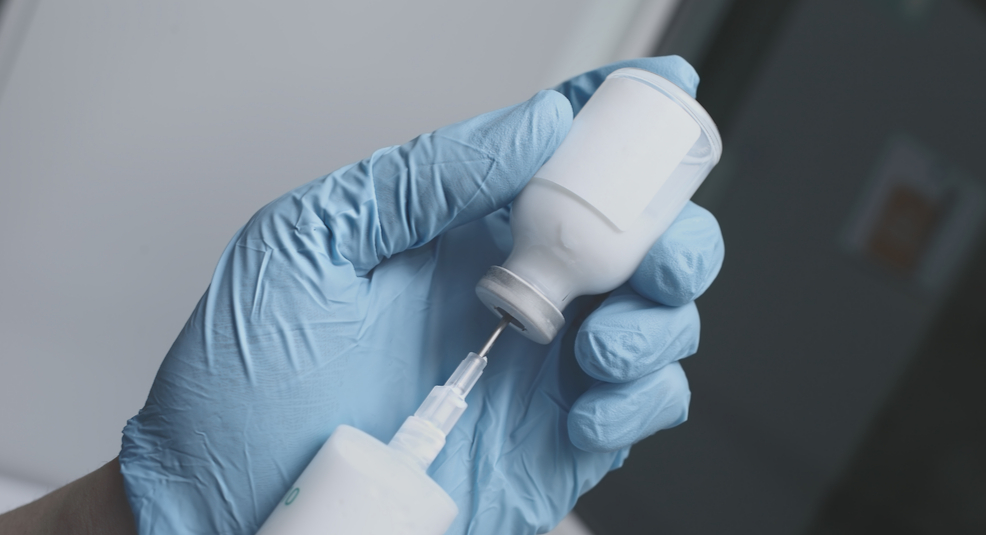
Each country has their own set of illicit drug classes and classifications. For example, Canada’s Controlled Drugs and Substances Act places Ketamine and MDMA on the list of Schedule I substances. However, the following are classified as Schedule III:
- LSD
- Peyote
- Mescaline
- Psilocybin
- Psilocin
- DMT
- Ayahuasca
5-MeO-DMT and cannabis are not controlled substances in Canada. In fact, as of 2018, it is legal to use cannabis for both medicinal and recreational use.
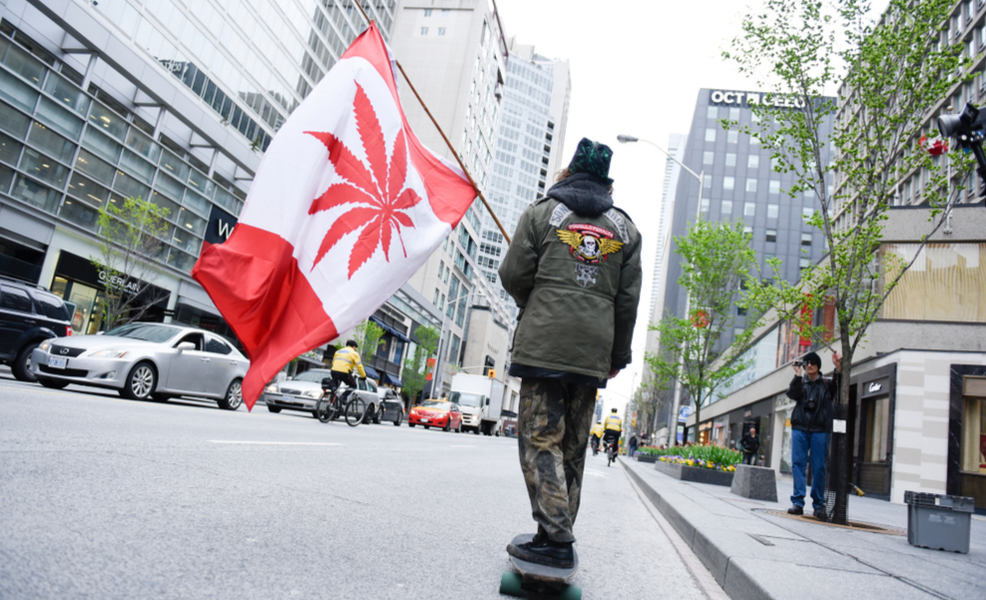
Precursors
A precursor chemical is a compound that aids in a chemical reaction to produce another compound. They can be used both legally and illegally. For example, phenylacetic acid is used to make penicillin, but it can also be used to make amphetamines and methamphetamines. Due to the overwhelming amount of precursor chemicals, the following are just a few examples of precursors used to create MDMA, LSD, and DMT:
LSD
- Ergocristine
- Ergonovine
- Ergotamine
- Lysergic Acid
MDMA
- Safrole
- Isosafrole
- 3,4-methylenedioxy phenylpropan-2-one (MDP2P / PMK)
- Piperonal (heliotropin)
DMT, Ayahuasca & Changa
DMT Containing Plants
- Psychotria Viridis (Chacruna) Leaf
- Mimosa Hostilis (Jurema Preta)
- Acacia Confusa
MAOI Containing Plants
- Peganum Harmala (Syrian Rue)
- Banisteriopsis Caapi Vine
These precursors, and others that are specific to other psychedelics, are either considered Schedule I substances or are heavily regulated.
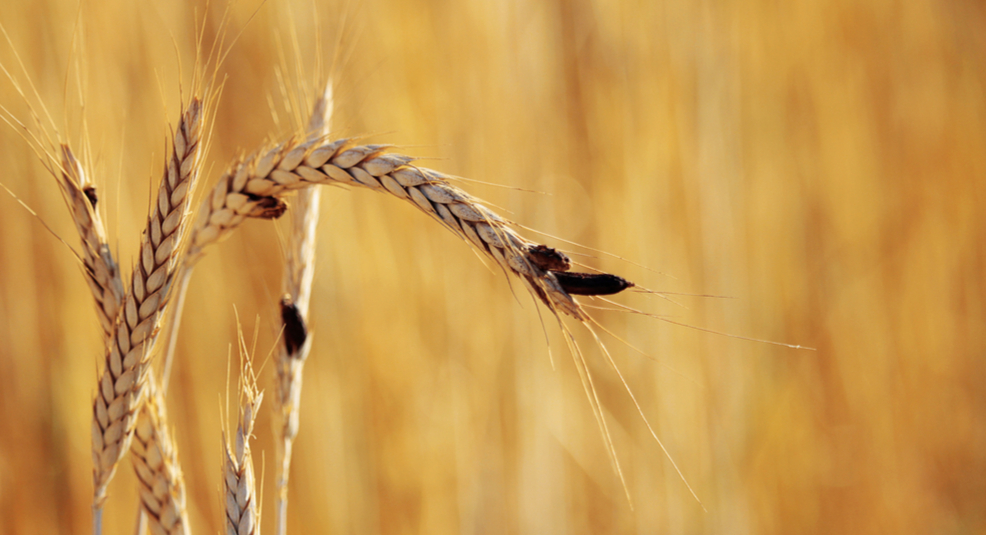
Derivatives & Analogues
Derivatives are compounds based off of the same structural framework that another molecule lays the foundation for. For example, 1P-LSD is a substance made from the prototypical structure LSD.
Functional analogues are compounds that elicit the same pharmacological response or antagonize the same serotonergic receptors, imitating the effects of other molecules. Analogs include prodrugs of parent molecules such as 4-AcO-DMT (psilacetin) or 4-PO-DMT (psilocybin).
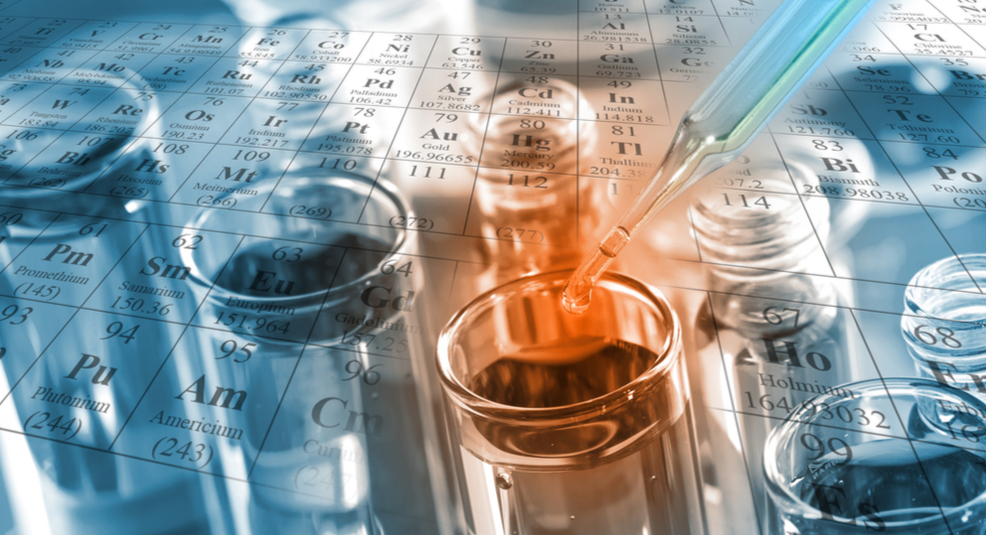
According to the US Federal Analogue Act of 1986, also known as the “Designer Drug Law,” an analogue includes any substance substantially similar to a controlled substance and either has a similar to or greater than effect or is thought to have one. This means that if a chemical meets two out of the three criteria, it becomes a controlled substance analogue. This gives the government unrestricted power over what chemicals are considered controlled analogues or not. Unfortunately, this legal framework creates more difficulties for scientists and researchers to discover new, unknown, and untested chemicals.
Because psychedelics are heavily controlled and regulated substances, compounds that derive from them are, for the most part, illegal or regulated.
Ancillary Paraphernalia
Ancillary paraphernalia refers to an industry or product that supports the activities or operations of an industry. Some examples of ancillary paraphernalia include items sold at head shops and cultivation shops.
Head shops are legal in the US and Canada as long as the items being sold are intended for legal substances.
Similar to head shops, it is legal to possess paraphernalia unless it is being used to smoke, snort, or inject a controlled or otherwise illegal substance. For example, bongs and pipes used to smoke cannabis are legal; meth pipes and cocaine spoons are not. The early days of glass pipes in America were fraught with risk and anxiety leading up to the DEA’s Operation Pipe Dreams in 2003 which attempted to eradicate cannabis paraphernalia, specifically relating to online sales. Artists and business owners alike were targeted and even incarcerated for their involvement. Luckily, almost two decades later, public and legislative perspectives have all but relaxed, allowing for a burgeoning art glass pipe movement that shows no signs of slowing down.
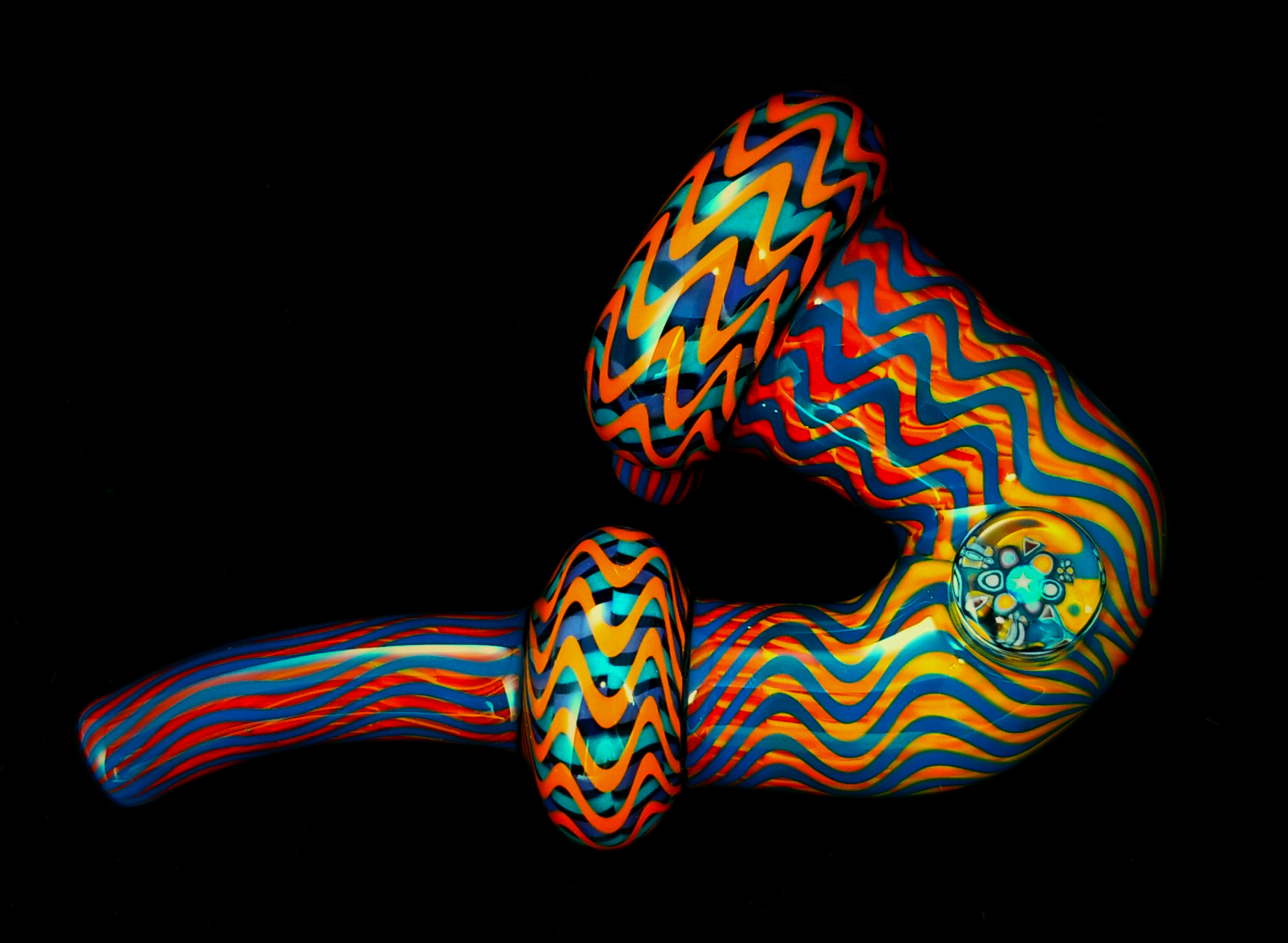
In some European countries, there are nootropic retail stores that sell legal psychoactive substances, paraphernalia, and related literature. These shops are commonly referred to as smart shops but have also been referred to as coffee shops in the past. Places like the Netherlands, Ireland, UK, and Portugal are all known to have their own version of smart shops. The Netherlands, in particular, operate under the Hoge Raad, which has declared that unprepared mushrooms and cacti are not considered drugs and are therefore not banned. With new laws and regulations in recent years, many of these coffee shops around the world have had to stop selling psychoactive substances, effectively shutting down the smart shop industry and the associated tourism surrounding it.
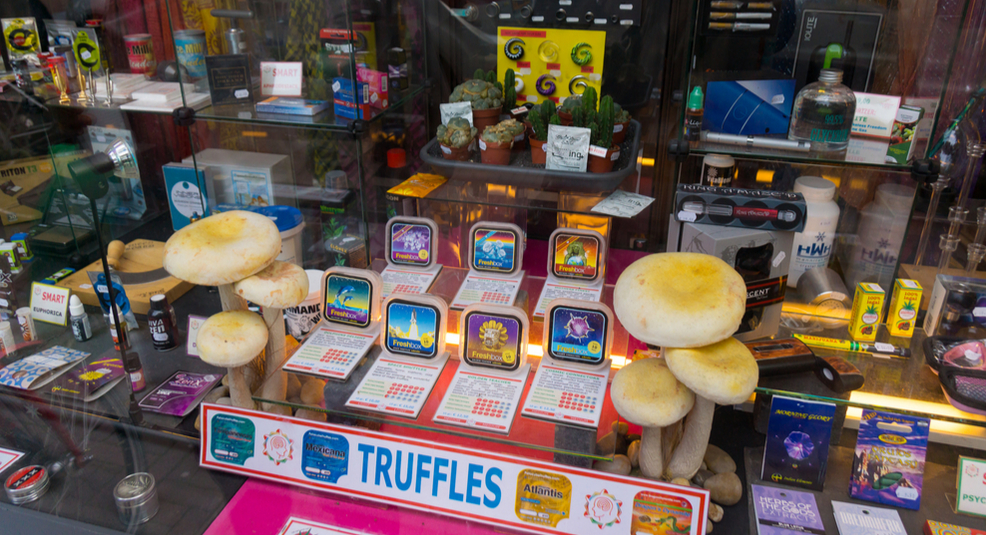
Tools and materials used to cultivate substances are generally not considered contraband. However, one can be charged with probable cause if commonly used equipment is found together. For example, cannabis seeds alone are not enough to raise suspicion, but if they are found in conjunction with grow lamps and other equipment, there may be enough evidence to elicit a charge and investigation.
Overall, the laws and regulations that surround psychedelic substances and all that encompass them can be complicated and overwhelming. Although we know this guide will not answer every question, we hope it answers some and serves as a jumping off point for others.